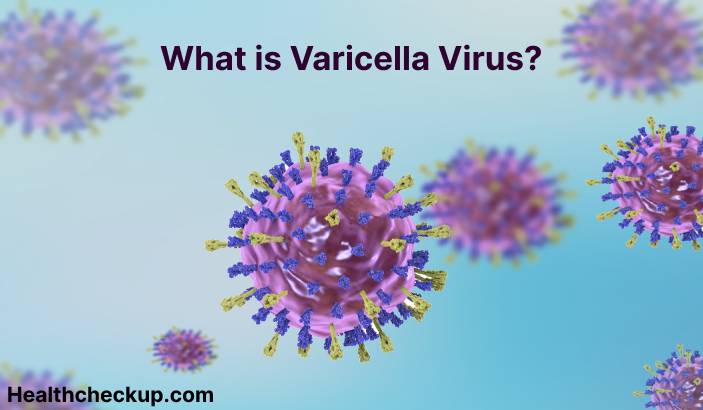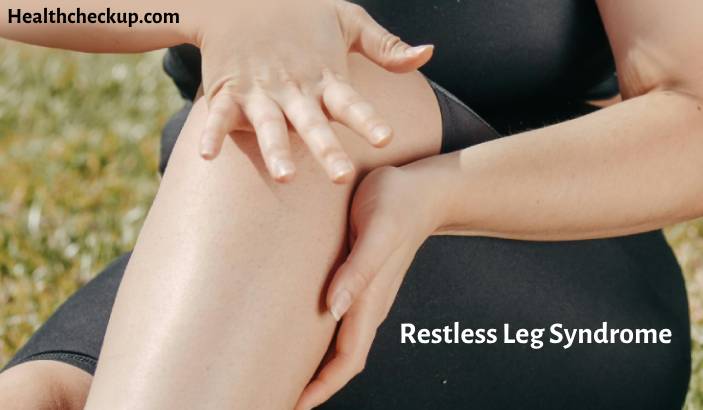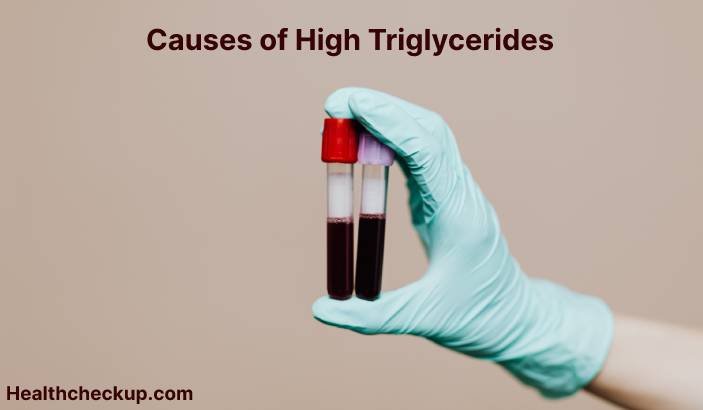Varicella, also known as chickenpox, is a viral infection that is caused by the varicella-zoster virus. Chickenpox is most commonly seen in children, but it can occur at any age. It is characterized by a rash of itchy blisters that appear on the skin.
Symptoms of chickenpox may include:
- Rash of itchy blisters that appears on the skin
- Fever
- Headache
- Sore throat
- Loss of appetite
Varicella / Chickenpox is usually a mild infection, but it can lead to serious complications, such as pneumonia, encephalitis, and skin infections. Chickenpox can be fatal in rare cases.
Diagnosis of chickenpox is typically based on the presence of symptoms and a characteristic rash. It may also involve laboratory tests to confirm the presence of the varicella zoster virus.
Treatment of chickenpox is typically supportive, focused on managing symptoms and preventing complications. This may include medications to reduce fever and to control itching, and measures to prevent the spread of infection to others.
Chickenpox can be prevented through the use of a vaccine, which is recommended for all children and for adults who have not had chickenpox or the vaccine. If you have not had chickenpox and have not been vaccinated, it is important to avoid contact with individuals who are infected to reduce the risk of infection. If you are experiencing symptoms of chickenpox or have been exposed to the varicella zoster virus, it is important to seek medical attention as soon as possible. Follow the recommendations of your healthcare provider to help manage your symptoms and to reduce the risk of complications.








